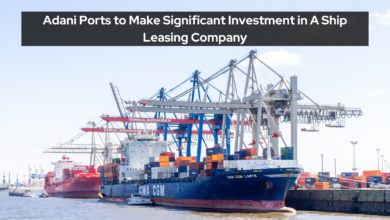
The pandemic, floods, and war have dominated our newsfeeds in the last two weeks. With many organisations struggling to keep employees engaged and transitioning back into the office, it is hard to keep up with what and when we communicate from a company perspective.
Even outside times of trouble and crisis, people are hungry for information. With smartphones firmly in hand, we have trained our brains to seek and process large amounts of data from all media sources. As a result, we look to our influencers for direction when we find ourselves in more challenging times. For the workforce, this is often the CEO and senior leadership positions within a company or organisation.
It is a lot of pressure on those people at the top, but that is their core role; their job is to set the tone, direction, and most of all, to inspire.
Leaders need to over-communicate and address what needs to happen, how it will take place, and the reason as to ‘why’ to influence effectively and be seen as a trusted source.
Usually, CEOs are comfortable communicating what needs to happen and how it will take place, but the reasons as to why are often overlooked. I don’t think skipping the why is deliberate; it may seem to the communicator as self-evident and not worth explaining.
However, even when it seems obvious, answering the why is essential, especially if it is bad news or a time of crisis. By articulating ‘why’ you will build motivation to take a particular course of action.
Suppose an event that directly affects an organisation – like losing a significant client takes place. If the company leaders choose not to address the issue or the impact it will have, the result will be in employees setting their own narrative. The narrative will often be negative and full of worse case scenarios and conspiracy theories. This leads to instability and anxiety. I don’t know why, but humans seem to respond to negative news with vigour!
Suppose as a result of losing the contract, your organisation will implement a more thorough review process without explaining the ‘why’ (we need to ensure we are gaining a deep level of understanding of our client\’s needs). In that case, employees may feel punished at the extra work or step in their already established process.
Instead of an organisation primed to pitch for a new job, you are left with a nervous group uploading their resumes to seek.com.
Which brings us back to communicating during major events. If the current event impacts your workforce, you need to communicate about it. If you are taking a position as a thought leader and a global organisation, you need to communicate about global events. Your employees will want to hear your position and know how to respond.
Lastly, once you have landed on a position, repetition is key. Keep your message short and repeat it. As a rule, you know you have delivered the message when you start seeing eyes-rolling.


